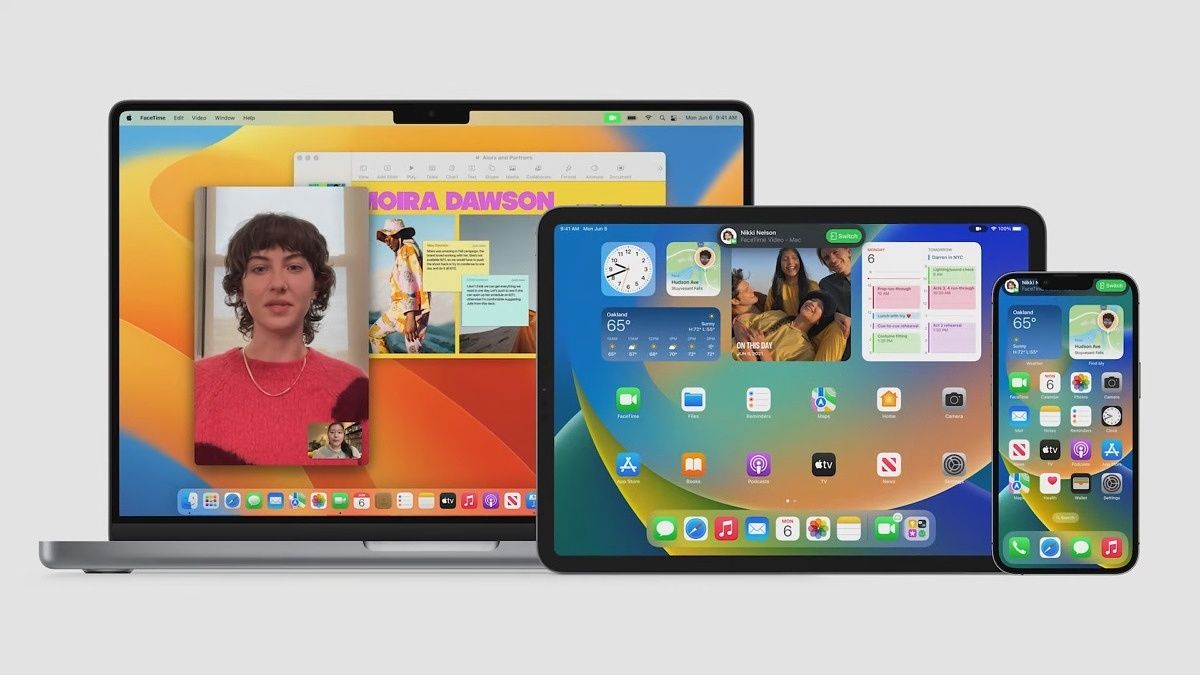Video games improve children’s cognitive performance, by developing the visual, attentional and memory processing cortex of the brain, according to a recent study.
Following the growth of video games over the past 20 years, parents have become concerned that their children are spending hours playing video games, which could have adverse effects on cognition, mental health, and development. behaviour. In a 2022 survey, 71% of American children between the ages of 2 and 17 played video games. This is a 4% increase over 2018 results.
Substantial brain development takes place throughout childhood and adolescence, leading researchers to study the association between video games and mental health and cognition. Some studies have linked video games to higher risks of depression, violence, and aggressive behavior.
Despite negative associations, researchers have not determined whether video games affect brain function. There have also been indications that video games can improve cognitive flexibility, as the perceptual and attentional demands of video games can be applied to skills such as reaction time, logic, problem solving and creativity.
Previous reviews have associated video gaming with attention benefits and improved working memory. Task-based functional magnetic resonance imaging studies showed greater brain activity in those who played video games compared to those who did not.
To assess the effect of video games on cognitive performance, the researchers conducted a case-control study. The data was drawn from the baseline assessment of the Adolescent Brain Cognitive Development Study in 2019, containing a large sample of children aged 9 and 10.
Children in the study answered questions about the number of hours per week they spent playing games on a console, computer, smartphone or other device. They were also asked about different types of screen time, such as watching a movie, texting and visiting social media sites.
For these other activities, participants answered how much time they spent on them per day. Most respondents answered “none” for the texting, social media and video chat categories, which was the norm for this age group.
Video gamers (VG) were defined as those who played video games, while non-video gamers (NVG) were defined as those who spent 0 hours playing video games per week. Among the VGs, a group was made up of those who played games for 3 hours or more per week, as the American Academy of Pediatrics recommends that older children only play video games 1-2 hours per day.
Parents provided their child’s age and sex, and researchers measured the children’s height and weight to calculate their body mass index. The Child Behavior Checklist was used to calculate mental health symptoms. Scores were compared for behavioral and psychiatric categories between VGs and NVGs.
There were 2217 children in the study. In a stop cue task (SST), 1128 were NVGs and 679 were VGs played video games for 21 hours or more per week. VGs were more often male and had lower parental income.
Video games have been shown to improve SST performance, with increased brain activity in several brain regions. These patterns were observed in the male and female groups separately. The blood oxygen level-dependent signal was consistently higher in VGs than in NVGs, showing a direct effect of video gaming on brain activity.
These results indicate that video games can provide cognitive training for children, potentially improving working memory, response inhibition, and other cognitive functions.
Reference
Chaarani B, Ortigara J, Yuan D, Loso H, Potter A, Garavan HP. Association of video games with cognitive performance in children. JAMA Netw Open. 2022;5(10):e2235721. doi:10.1001/jamanetworkopen.2022.35721
#Video #games #improve #childrens #cognitive #performance



